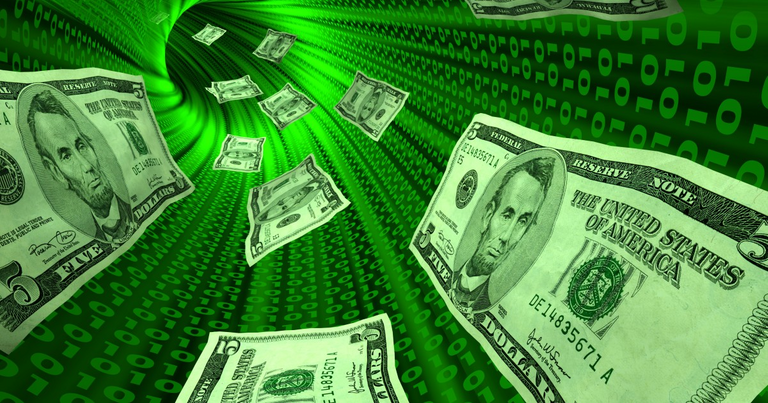How About Creating a Digital Dollar?
Recently, US Federal Reserve Chairman Jerome Powell showed that computerized monetary forms of central bank digital currencies, such as the expected advanced dollar, will not replace money.
One of the three basic criteria mentioned in the report is that the advanced funds of the National Bank must match funds and different types of assets in an adaptable manner.
Likewise, while speaking at the Financial Payments Conference in Basel, Switzerland, Powell said that infection with the Coronavirus has prompted governments to think more deeply about how cash works now.
The Coronavirus emergency has further highlighted the need to address constraints in current cross-line courses of action.
The computerized monetary forms of the National Bank contrast with the advanced decentralized monetary forms, for example, Bitcoin on the grounds that the advanced monetary standards of the National Bank are restricted to one element: the National Bank.
In this capacity, they are advanced forms of monetary standards, such as the US dollar or the Japanese yen.
These forms of cash, which have recently been in beta or limited interest versions, mean providing speed and security for financial frameworks all over the planet.
The computerized monetary standards of the National Bank have two basic plans:
Retail Package for distributed installments:
The expected "discount" for banks to buy and sell cash resources and to replace real-time gross settlement systems (RTGS).
National banks and governments are now looking to their advantages, and few countries are pushing ahead more than others.
China, for example, is so far exploring various avenues regarding the advanced yuan, while the Bank of England is still gradually turning to such funds.
Powell's comments today echo the comments made by European Central Bank President Christine Lagarde, who said a year ago that an advanced euro could be a strengthening of cash, not a substitute for it.
Lagarde added that such cash could provide an option unlike private computerized monetary models and ensure that sovereign cash remains at the center of European installment frameworks.
In addition, the European Central Bank is still looking for the benefits of such a resource so far and is set to present findings to the general community for input.
Meanwhile, the Federal Reserve is investigating stablecoins and looking at other nations' work on advanced monetary forms for national banks, yet not much has been revealed about the release of its computerized monetary standards.
Powell said a month ago that the Fed is looking cautiously about whether or not to raise a computerized dollar, yet more exploration is needed.

It would be nice to see some SWAP.USD on Hive engine so we can hedge.